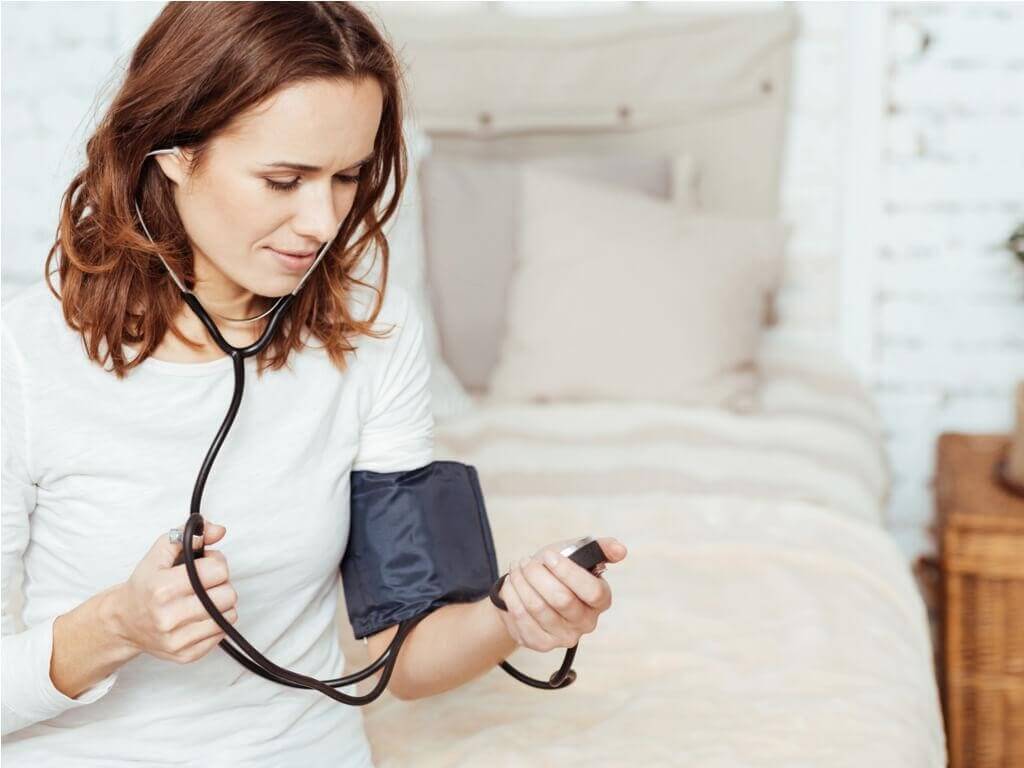5 Things Your Eyes Say About Your Health

You may have stopped to look at your eyes in the mirror a few times before. Perhaps you remember how they looked like that morning when you had general malaise or that time when they looked fabulous.
Your eyes say a lot about you, both at an emotional and physical level. It should be noted that the iris is connected to all the nerves.
You may have heard your grandmother say: “Your eyes are really yellow, so something is wrong with you.” However, we don’t always pay attention to what our bodies are telling us and also tend to ignore nagging relatives.
Your eyes are certainly capable of telling you something’s up. They are a reflection of your body since they’re made up of arteries, veins, and nerves.
Iridology is an alternative medicine technique that studies the patterns, colors and other characteristics of irises. The goal is finding and interpreting the characteristics of the irises and determining possible diseases.
Each patient is different and is diagnosed according to the specific characteristics of their eyes.
According to Dr. Delia DeBuc, your eyes are linked to your brain through the retina, because their cells are sensitive to light. They come together and form the optic nerve that travels to the brain.
Things Your Eyes Say About Your Health
-
Nervous system problems

Blurred vision? Pain? Swelling? These symptoms may indicate that something is up in the nervous system.
In the case of multiple sclerosis, the brain has trouble communicating with the eyes, thus causing vision problems. Patients may also suffer burning and itching and temperature changes in the area.
-
Get your thyroid checked
Bulging eyes aren’t a good sign. This happens when the thyroid gland attacks the muscles and tissues inside your eyes.
This makes your eyes look bigger. Once they swell up, you may experience the following symptoms: pain, eye problems, and an increase in volume.
-
High blood pressure

How can you tell you have high blood pressure from looking at your eyes? The retina is made up of blood vessels responsible for transporting blood and oxygen to the eye.
One of the main symptoms of high blood pressures is arterial irregularities, meaning that blood vessels get thicker and prevent blood from flowing normally. Sometimes the swelling may affect your vision.
It’s very important to see an ophthalmologist because high blood pressure isn’t easy to identify until it’s advanced. However, the specialist can find abnormalities in the retina.
We recommend that you read: Lower Your Blood Pressure with these Five Herbal Remedies
-
Diabetic retinopathy
One of the main causes of blindness is diabetic retinopathy. This occurs when blood vessels get damaged, the tissues become thinner, and the patient can’t handle light.
If untreated, the patient may become blind. In most cases, this condition affects both eyes. The retina swells and may secrete fluids.
-
Oxidative stress

Do you have bags under your eyes? Fatigue, sleep deprivation, water retention, and a spike in toxins are some of the reasons why the skin loses elasticity. This creates bags, wrinkles, and droopy eyelids under your eyes.
Oxidative stress stems from over-consumption of processed foods that damage the body’s cells.
If you also notice yellowish spots on your eyelids, your blood cholesterol levels may be really high. The best thing you can do is reduce the consumption of junk food, fats, and high sugar content products.
Recommendations
- Get your eyes checked at least once a year.
- Don’t ignore discomforts such as burning, itching, pain, or blurred vision.
- Watch your diet and eat organic products.
- Reduce consumption of alcoholic beverages and tobacco.
- Sleep at least 8 hours a day.
- Do a physical activity.
- Eat small portions at least 5 times a day to maintain blood glucose levels and prevent weight gain.
In conclusion, you should take care of your body because your good or bad habits will determine your health and your eyes will tell you what.
This text is provided for informational purposes only and does not replace consultation with a professional. If in doubt, consult your specialist.








